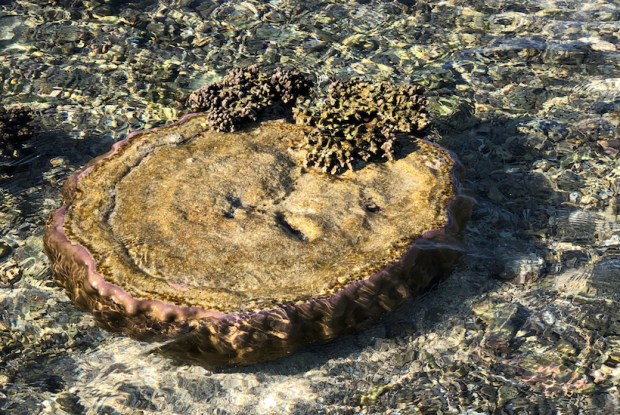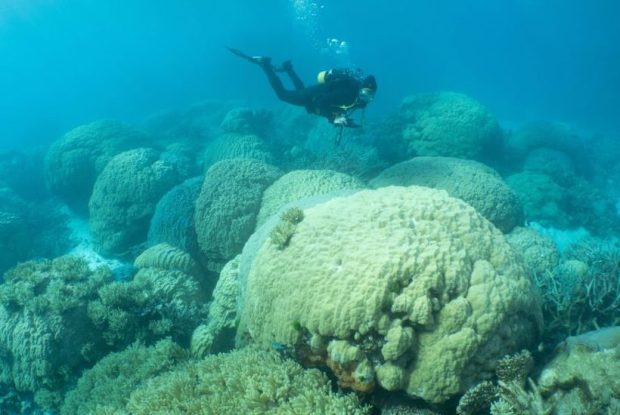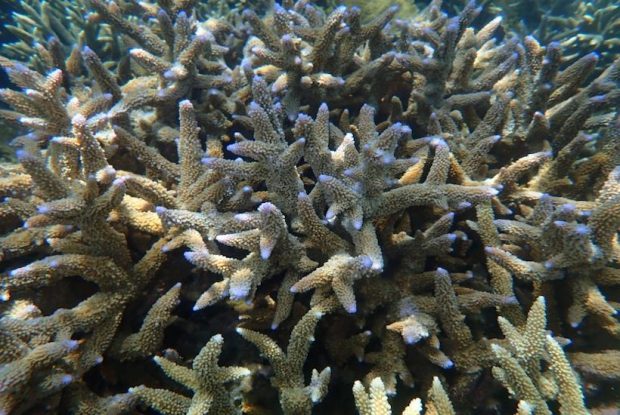The idea that the Great Barrier Reef is in need of saving from catastrophe is popular, especially among academics and politicians. In 2003, I published an article in the IPA Review entitled ‘Deceit in the Name of Conservation’ concerning the then Queensland Premier and Chief Scientist. In an earlier article entitled ‘WWF
Already a subscriber? Log in
Subscribe for just $2 a week
Try a month of The Spectator Australia absolutely free and without commitment. Not only that but – if you choose to continue – you’ll pay just $2 a week for your first year.
- Unlimited access to spectator.com.au and app
- The weekly edition on the Spectator Australia app
- Spectator podcasts and newsletters
- Full access to spectator.co.uk
Or


























Comments
Don't miss out
Join the conversation with other Spectator Australia readers. Subscribe to leave a comment.
SUBSCRIBEAlready a subscriber? Log in